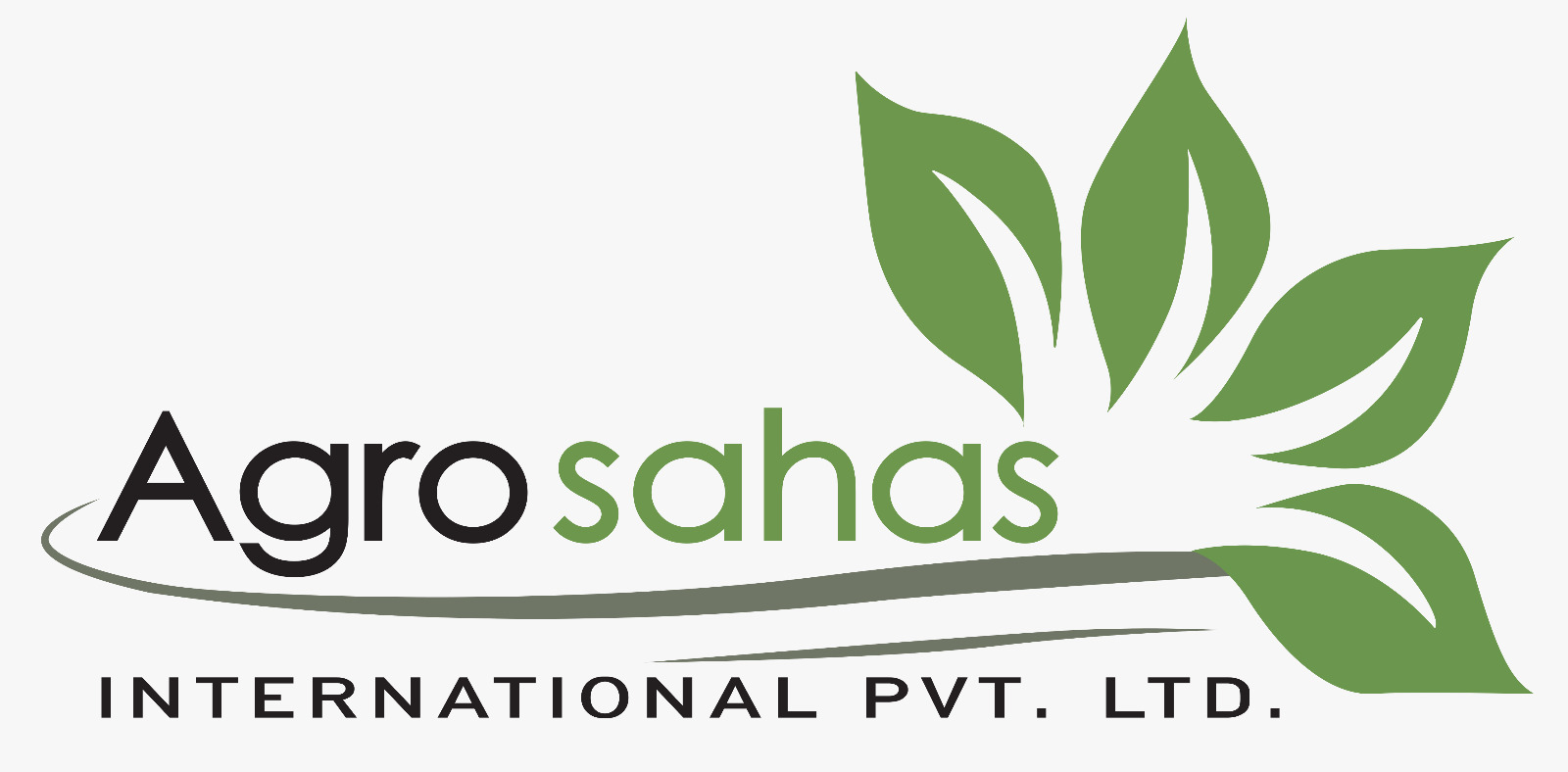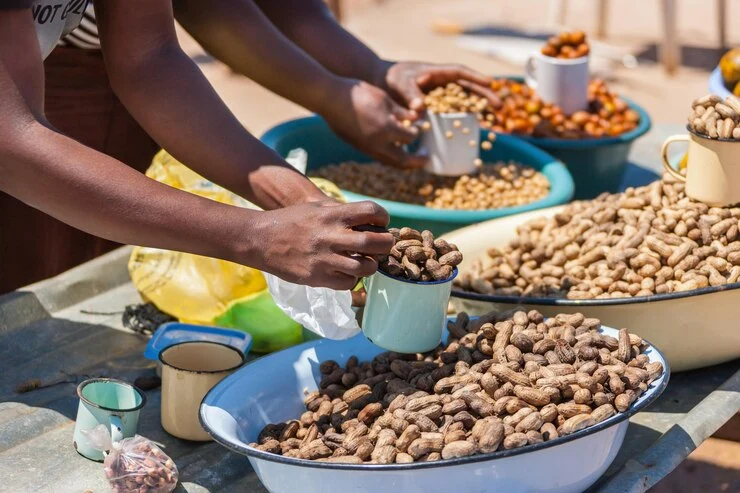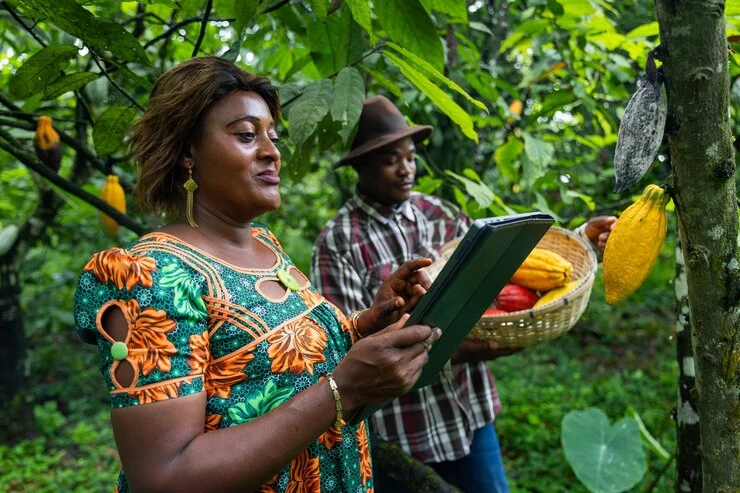Food insecurity remains a pressing issue in Uganda, with millions of people facing inadequate access to sufficient, safe, and nutritious food. As a leading player in the agricultural sector, Agrosahas is committed to addressing food insecurity and improving nutrition and livelihoods in Uganda. In this blog post, we’ll explore the impact of food insecurity on nutritional status, strategies to address food insecurity, and Agrosahas’ role in combating this critical challenge.
Understanding the Impact of Food Insecurity on Nutrition
Food insecurity has significant implications for nutritional status, particularly among vulnerable populations such as children, pregnant women, and the elderly. Here’s how food insecurity affects nutritional status:
- Malnutrition: Inadequate access to nutritious food leads to malnutrition, which can manifest as undernutrition (e.g., stunting, wasting) or overnutrition (e.g., obesity, micronutrient deficiencies).
- Impaired Growth and Development: Malnutrition during critical growth and development stages can lead to stunted growth, cognitive impairment, and developmental delays, affecting individuals’ long-term health and productivity.
- Increased Risk of Chronic Diseases: Poor nutrition contributes to the development of chronic diseases such as diabetes, cardiovascular diseases, and certain cancers, leading to increased morbidity and mortality rates.
- Compromised Immune Function: Malnutrition weakens the immune system, making individuals more susceptible to infections, diseases, and other health complications.

Addressing Food Insecurity: Strategies and Solutions
Addressing food insecurity requires a multifaceted approach that encompasses agricultural interventions, social protection programs, and policy reforms. Here are some strategies to address food insecurity:
- Sustainable Agriculture: Promote sustainable agricultural practices such as agroecology, conservation agriculture, and climate-smart farming to increase food production, enhance resilience to climate change, and improve farmers’ livelihoods.
- Market Access and Value Chain Development: Facilitate access to markets, finance, and technology for smallholder farmers to improve their productivity, income, and market competitiveness. Strengthen agricultural value chains and link farmers to markets to ensure fair prices and market opportunities.
- Nutrition Education and Behavior Change: Provide nutrition education, counseling, and behavior change communication to promote healthy eating habits, dietary diversity, and optimal nutrition practices among communities, especially women, children, and vulnerable groups.
- Social Safety Nets: Implement social protection programs such as food assistance, cash transfers, and nutrition supplementation to support food-insecure households and alleviate hunger and poverty.
- Policy Advocacy and Governance: Advocate for evidence-based policies, investments, and interventions to address the root causes of food insecurity, including poverty, inequality, conflict, and climate change. Strengthen governance, institutions, and accountability mechanisms to ensure effective implementation and monitoring of food security initiatives.

Agrosahas’ Role in Combating Food Insecurity
Agrosahas is actively involved in addressing food insecurity and promoting nutrition and livelihoods in Uganda through various initiatives and interventions:
- Agricultural Extension Services: Agrosahas provides agricultural extension services, training, and technical assistance to smallholder farmers to improve their agricultural practices, productivity, and income.
- Market Linkages: Agrosahas facilitates market linkages and value chain development to connect farmers with buyers, processors, and retailers, ensuring fair prices and market access for agricultural produce.
- Nutrition Programs: Agrosahas implements nutrition programs and interventions to promote dietary diversity, micronutrient supplementation, and breastfeeding practices among women and children to improve their nutritional status.
- Sustainable Agriculture: Agrosahas promotes sustainable agriculture and natural resource management practices to enhance environmental sustainability, resilience to climate change, and food security for future generations.
Conclusion:
In conclusion, addressing food insecurity is essential for improving nutrition, health, and livelihoods in Uganda. By implementing sustainable agriculture, market access, nutrition education, and policy advocacy initiatives, Agrosahas is making significant strides in combating food insecurity and promoting sustainable development in the agricultural sector. Together, we can build a future where all Ugandans have access to nutritious food, livelihood opportunities, and a better quality of life.




